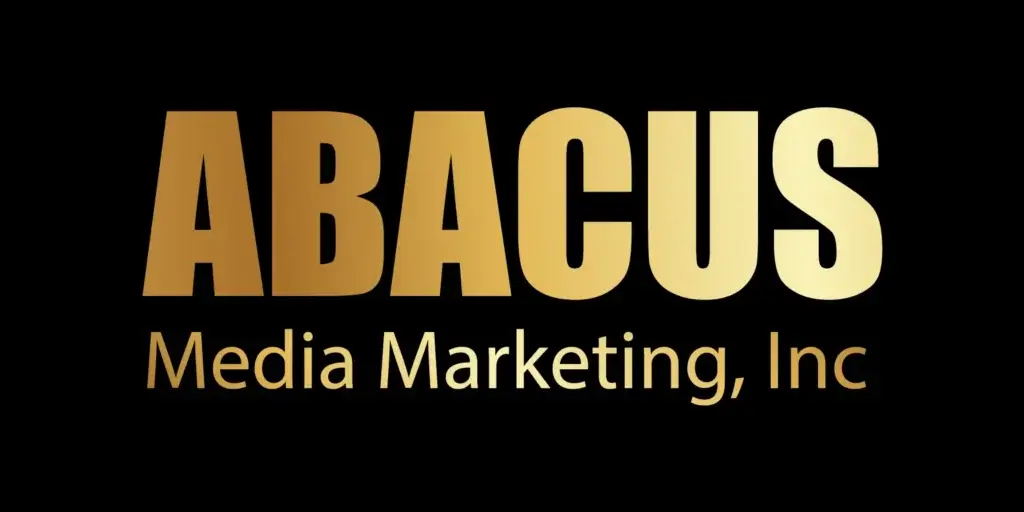What do you think of when you hear the word “blog”? Until the last decade, most blogs were typically composed by one person and often used as an online journal or diary. Their rise in popularity expanded their use beyond this function with many using blogs to comment on political issues and debates. Now blogs are being seen as one of the best forms of content marketing. Many content marketers report that blogging is their top content marketing priority.
Did you know that 77% of Internet users read blog articles? A well-written, informative blog will attract your ideal customers by leading them to your site and keeping them interested. 61% of U.S. online consumers have made a purchase based on recommendations from a blog! If you are looking for a surefire way to drive traffic and generate leads, starting a blog is one of the best things you can do for your business. Here we will explain what a blog is and why you should have one.

What is a Blog?
A blog, short for weblog, is defined as “a regularly updated website or web page, typically one run by an individual or small group, that is written in an informal or conversational style”. A typical blog combines text, digital images, and links to other blogs, web pages, and other media related to its topic. Blogs are generally published in reverse chronological order, with the most recent post appearing first on the site. A blog can be posted on one of your own domains by purchasing one from a web host like Bluehost or by using a popular content management system (CMS) like a WordPress blog.
In the 1990s, blogging was virtually unheard of, with widespread usage beginning in 1999. This year was a big year for the blogging community with the launch of some of the first hosted blog platforms like LiveJournal, OpenDiary, and Blogger.com. By 2004, the role of blogs became increasingly mainstream. Political consultants, news services, and candidates began using them as tools for outreach and opinion forming. Until 2009, blogs were usually created by one person or a small group, often covering a single topic. In the 2010s, the “multi-author blogs” took form. During this period, many blogs were created by newspapers, other media outlets, universities, think tanks, advocacy groups, and similar institutions.
Many businesses started blogs after seeing the engagement between Internet users and blog articles. It was becoming very clear that blogs were an effective way to attract potential customers to your website. The earliest commercial blog was actually created in 1995 by Ty, Inc., who created an “Online Diary” for their beloved Beanie Babies, where entries were maintained by featured Beanie Babies that were voted for monthly by visitors to their website. Since then, businesses have continued to jump on the blogging bandwagon.
Nowadays almost every business has a “blog” section on their website, using carefully curated content to reach their target audience and engage potential customers. Blogging has become one of the most beneficial marketing tools that businesses have for improving their search engine rankings, building an email list, and connecting more directly with customers and leads. Blogging can do a lot of good for your business when it is done well.
Unfortunately blogging isn’t that easy to do well. Managing successful blogs requires a lot of ongoing work to produce regular content. On top of production, you must also make sure that the content you publish on your blog is both entertaining and useful for your audience. There are many online courses and tutorials on the Internet that can help instruct you how to create the best content for your marketing goals. Starting a blog may seem daunting, but once you learn about the many benefits of blogging, you’ll have all the motivation you need to start on your blog journey.

What Are the Benefits of Blogging?
Whether you are representing a business or promoting your personal brand, there are many benefits to having a blog today. There are over 30 million bloggers just in the United States and that number continues to grow.
Over 2 million blog posts were written in 2018, but just today alone, over 5 MILLION blog posts have been written. Numbers don’t lie. Blogging is continuing to rise in popularity among both individuals and organizations.
But why?

How Blogging Benefits You Personally
- When you create a personal blog, you will build confidence and even establish yourself as an authority on your topic of choice. When you start writing, you essentially have your own personal creative outlet with which you can share your own views and be the centre of attention. If you blog regularly, create engaging, informative content, and have a large following, you will begin to establish yourself as an authority within the specific topic you are blogging about, as blog posts are easily and regularly shared on social media platforms like Facebook and Twitter.
- Blogging can be your online journal – anonymous or not – and serve as an outlet for your thoughts, dreams, and anxieties. You don’t have to have any business goals or answer existential questions with your blog content. It can be just for you, serving as your own little secret place on the Internet, or for other people interested in your specific niche.
- Self-growth, development, and great writing experience are all possible side effects of blogging! You will learn a lot about technology, writing, and yourself when you create a personal blog.
- There are many opportunities and potential financial gain to be found within the world of blogging. Whether you find a new career or a new friend, your blog can bring all sorts of opportunities right to your computer screen. If you build up a big enough fanbase and the page views to match, you could even consider monetizing your blog with ads, affiliate marketing, and sponsored posts.
- Blogging is one of the most effective and approachable ways to market your business. But a business blog is very different from a personal blog, which brings us to our next section.

How Blogging Can Affect Your Business
A business blog is very different from a personal blog because a business blog exists as another marketing channel for a business rather than as a personal hobby. Marketers who have prioritized blogging are 13 TIMES more likely to see a positive ROI. The main goal of the business blog is to help support the growth of your business.
- Blogging drives traffic to your website. Every time you write and post a blog article on your business blog, you give your site another opportunity to be indexed and ranked, improving your website’s SEO, or search engine optimization. Each blog article is another indexed page on your site that can drive traffic to your website in organic search. Companies that use blogging as part of their marketing strategy receive over 400% more indexed pages. There also seems to be a sweet spot with business blogging: blog traffic generation increases by up to 30% once you have between 21 and 54 blog posts. When you create informative, engaging content that answers questions and solves problems, your business will be seen as an authority in your industry. In turn, other websites may link to your site to provide more information for their readers because of the quality of your content. Companies who blog receive almost 100% more links to their website.
- High website traffic might look great on paper, but those numbers are nothing without leads. Blogs are one of the best ways to convert this traffic into leads by providing an excellent opportunity for a call-to-action, which is essentially a free offer of content for which someone would be willing to exchange their information. Often, these calls-to-action will promote a content asset like free ebooks, fact sheets, or webinars. Businesses that blog experience 126% higher lead growth than non-blogging businesses. B2B marketers that use blogs also receive 67% more leads than those that do not. Blogging is not only an approachable and value-driven way to generate leads, but it is also very effective.
- Business blogs yield long-term results. Because search engines like Google and Bing are constantly crawling the Internet on a regular basis, your blog posts continue to be indexed and ranked within search engines long after they are posted. You may find that your new blog posts continue to rank and may even increase in ranking with little to no extra work on your part. It is always a great idea to update your blog posts to keep the content current for your visitors. Other than a few revisions or additions here and there, your blog posts will not require much maintenance or work after they are written.
While blogs may have started out as online diaries in the 1990s, they have now become a key component of any successful content marketing strategy. Whether you are thinking of creating your own blog to promote your passion projects or looking to improve your company’s marketing strategy, blogs help generate traffic to your website by working closely with search engines to direct your target audience to your website. With the right lead-generating call-to-action, blogs can help you take the traffic your content attracts and convert it into promising leads for your business.
Having a blog not only provides a great outlet for your marketing strategy, but it is also a great way to share ideas, create new ones, and build a community of like-minded people. If you are looking to reach new audiences and stand out from your competition, creating an informative and engaging blog is a huge step in the right direction.

